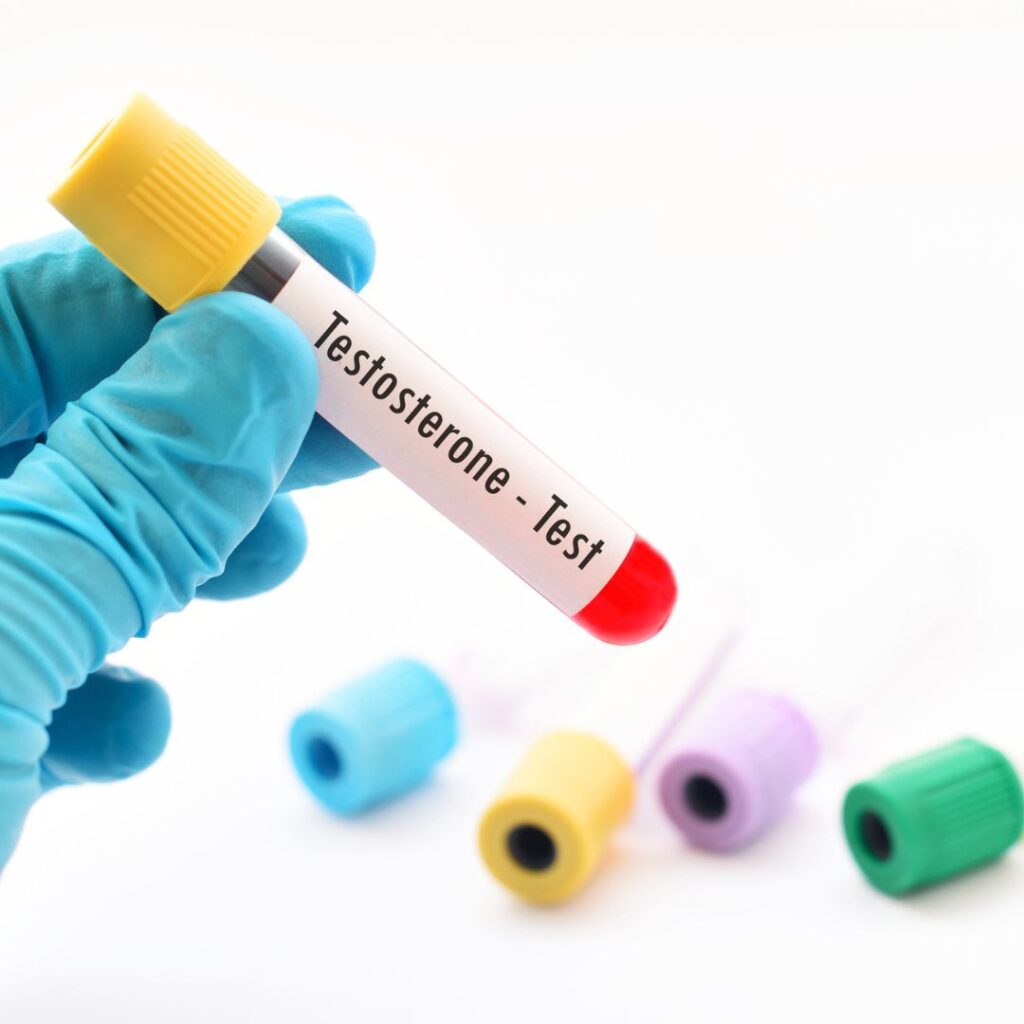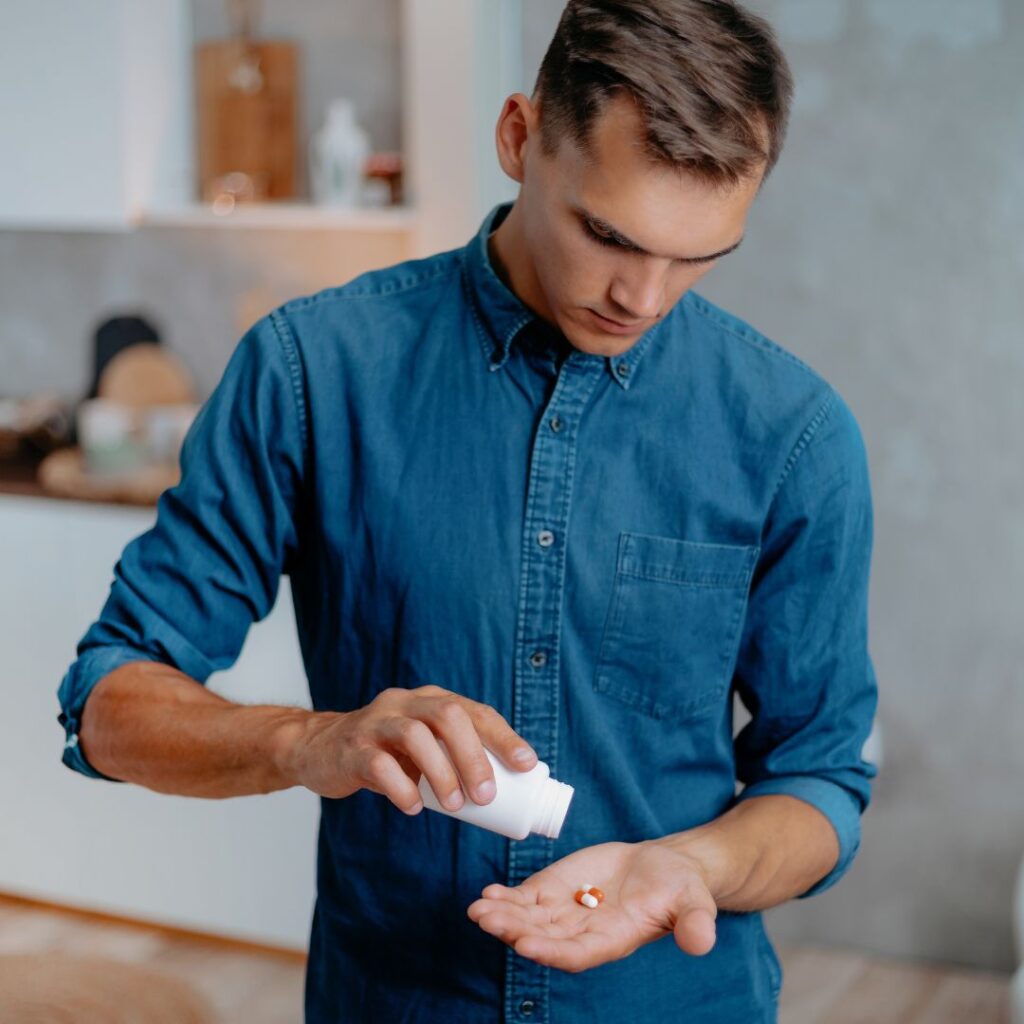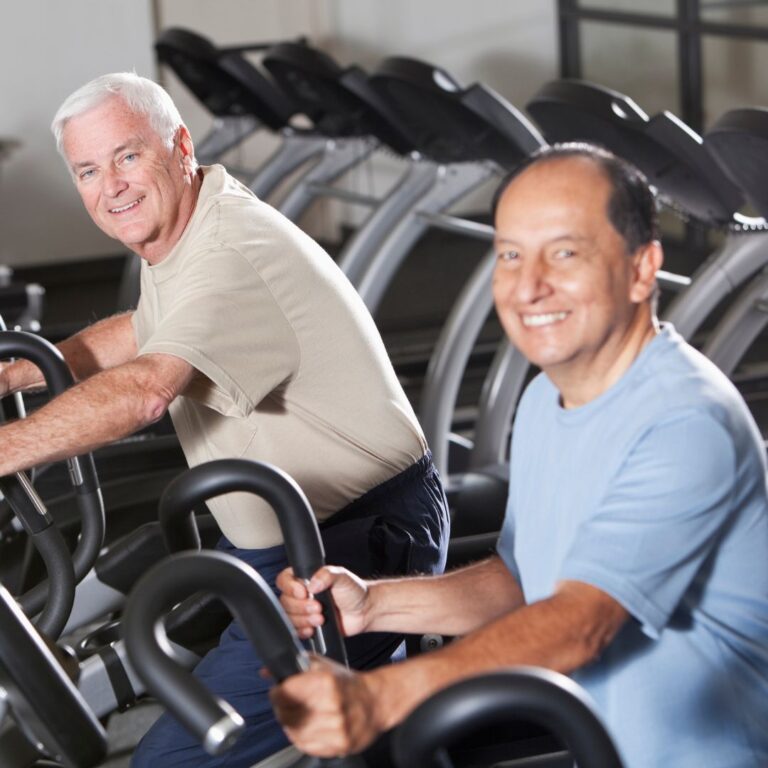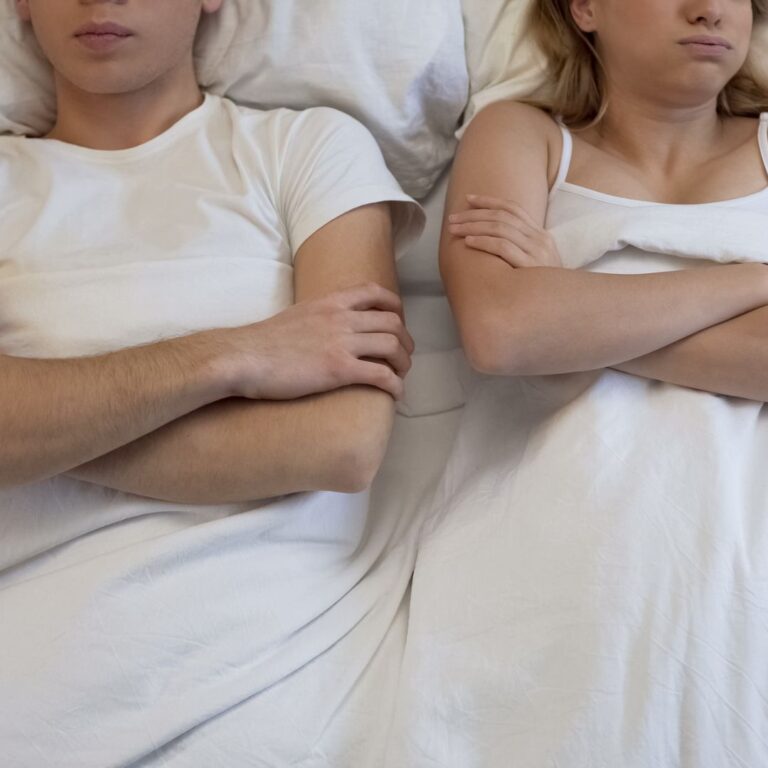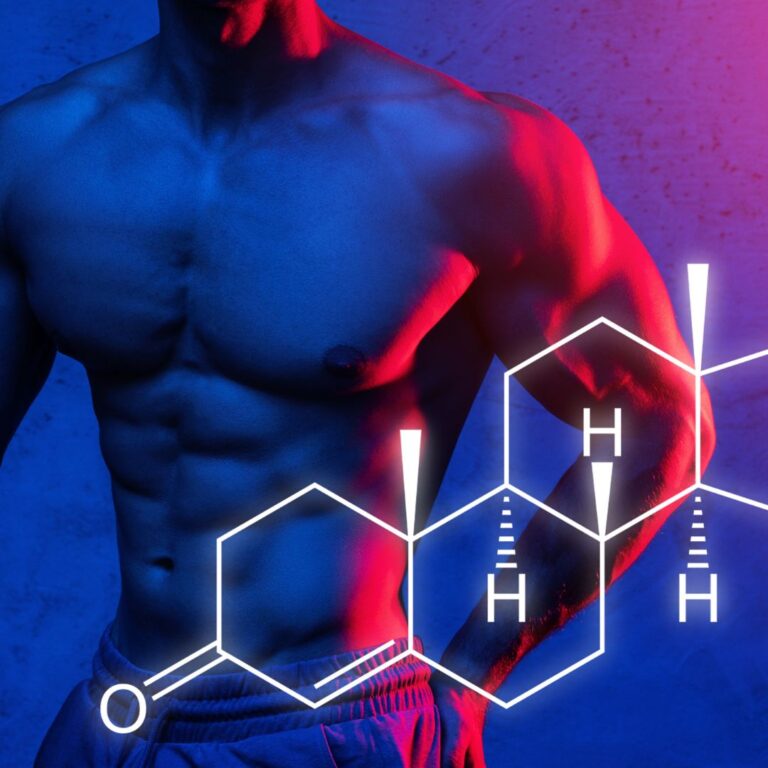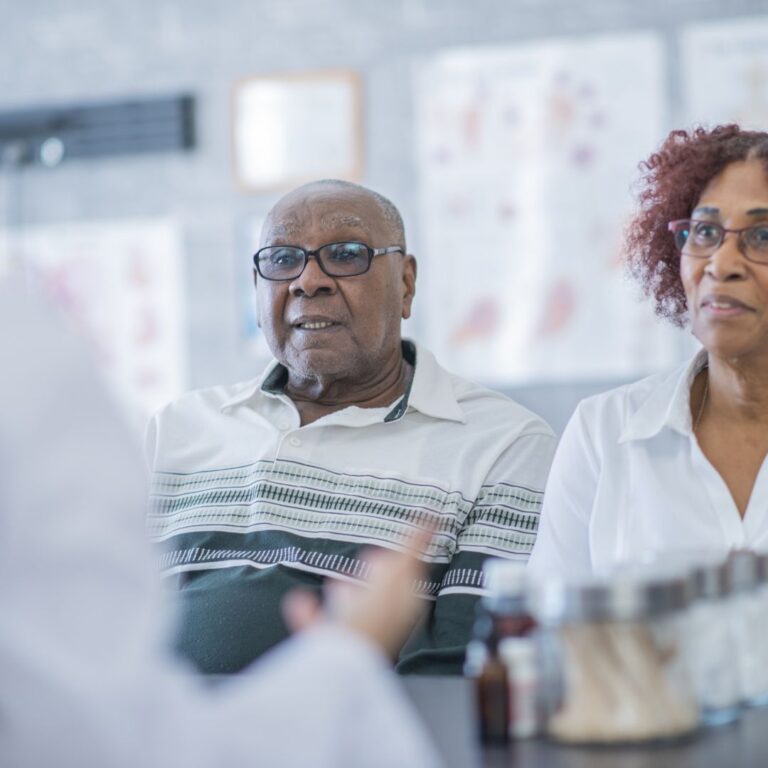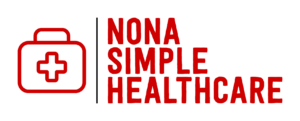5454 Hoffner Ave Suite 105, Orlando, FL 32812.
Orlando Men's Testosterone Replacement Therapy
Orlando Men's Testosterone Replacement Therapy
An estimated 4 to 5 million men in the United States suffer from hypogonadism. Hypogonadism occurs when your body doesn’t produce enough hormones that produce testosterone or sperm, or both. Low or absent testosterone can cause symptoms such as decreased energy, low sex drive, erectile dysfunction, depression, irritability, difficulty concentrating, decreased motivation or self-confidence, increased body fat, reduced muscle bulk and strength, and decreased bone density and reduced lean muscle due to low testosterone.
Our provider will first collect your health history and assess your symptoms, then order labs to rule out other conditions that may cause or contribute to the problem. We can manage and treat your chronic conditions as your primary care provider or focus on treating your low testosterone level. We offer testosterone replacement therapy to improve these symptoms if the problem is a low testosterone level. We will refer you to a specialist if needed.
We also provide an oral prescription for a patient who has erectile dysfunction. All these symptoms can affect your relationship and self-esteem. Let us help you feel like yourself again.
What is Testosterone Therapy?
You may have seen the ads for testosterone therapy and wondered if it’s right for you. All potential benefits include increased energy, improved sex drive, concentration, motivation, insulin sensitivity, mood, and muscle mass. So, it’s no wonder more men are seeking testosterone therapy. However, there are also some risks associated with testosterone therapy.
We’ll explore both the potential benefits and risks of testosterone therapy so that you can make an informed decision about whether or not it’s right for you. Nona Simple Healthcare offers injectable testosterone once or twice per week. We will teach you how to self-inject at home, or we can do it for you at the office.
What is Hypogonadism?
Hypogonadism is a condition in which the body doesn’t produce enough of the hormone testosterone. Testosterone plays an important role in men’s health. It’s responsible for developing male characteristics such as deepening of the voice and growth of facial and body hair. It also helps maintain muscle mass and bone density and affects mood and sexual function.
If you have hypogonadism, you may experience:
- Decreased sex drive
- Difficulty Concentrating
- Erectile dysfunction
- Infertility
- Increased breast size
- Loss of muscle mass
- Osteoporosis
- Reduced beard growth
- decreased motivation or self-confidence
- Increased body fat
- Reduced muscle bulk and strength
- Decreased bone density
How is it diagnosed?
To diagnose hypogonadism, your provider will ask about your health history and perform a physical exam. Then, they will order blood tests such as free and total testosterone with SHBG, LH, Estriol, PSA, TSH, CMP, Lipid panel, and more based on the initial consultation. Your doctor may order an imaging test to check for damage to your pituitary gland or testicle if your lab returns abnormally.
Healthcare on your schedule
Pro's and Cons of using Testosterone Therapy
The Potential Benefits of Testosterone Therapy
There are several potential benefits associated with testosterone therapy. For example, testosterone therapy can:
- Increase energy levels
- Improve sex drive
- Increase muscle mass
- Restoring sexual function
- Libido
- Well-being, and behavior
- Increasing insulin sensitivity in some men
Testosterone therapy has also been shown to improve mood and reduce irritability. In addition, testosterone replacement therapy can also help to improve erectile dysfunction.
The Risks Associated with Testosterone Therapy
Although there are some potential benefits to testosterone therapy, there are also some risks associated with the treatment. For example, testosterone therapy can increase the risk of heart attacks and strokes.
- Heart Attacks
- Stroke
- Blood clots
- Polycythemia
- Worsening of sleep apnea
- Prostate Cancer
- Hormonal Imbalance
- Lowered Fertility
What kind of tests are offered for testosterone therapy?
Total testosterone – is also called serum testosterone. It measures both attached and free testosterone. It is checked early in the morning, from 8-10 am. The normal level is 300-1000 ng/dL.
Free testosterone – unattached to proteins in the blood. Too little free testosterone can also cause symptoms of low testosterone even though the total testosterone is normal.
SHBG – stands for sex hormone binding globulin. SHBG control how much sex hormone such as testosterone is delivered to the body’s tissue. The SHBG level can provide more information about other medical conditions. For example, a high SHBG could mean a testicle or pituitary gland problem.
LH – is a hormone that signals your testicles to produce testosterone. High levels may mean testicles damaged from chemotherapy, trauma, radiation, infection, alcohol abuse, and Klinefelter’s syndrome. A low level means a disorder of the pituitary gland or the hypothalamus.
FSH – is a hormone that signals your testicles to produce sperm. High levels may mean testicles damaged from chemotherapy, trauma, radiation, infection, alcohol abuse, and Klinefelter’s syndrome. A low level means a disorder of the pituitary gland or the hypothalamus.
PSA – prostate-specific antigen. Used to check for signs of prostate cancer. Testosterone can increase the risk of prostate cancer.
Blood hemoglobin – is a protein in your red blood cells that carries oxygen to your body’s organs and tissue. Low testosterone may contribute to the development of anemia.
Estradiol – an essential hormone for men toward libido, erectile function, and spermatogenesis. Estrogen and testosterone are closely related. Therefore, low estrogen may be related to low testosterone.
Pituitary MRI – is used to determine if a pituitary tumor is present
How is it treated?
If you’re diagnosed with hypogonadism, treatment depends on its underlying cause, any other medical conditions you have, and whether you want children in the future. For some men, managing other medical conditions may be enough treatment for their hypogonadism signs and symptoms without resorting to medication or surgery. Testosterone replacement therapy may be an option if other treatments aren’t effective or you’re struggling with severe signs and symptoms such as infertility or impotence. With proper treatment, most men with hypogonadism improve their signs and symptoms.
With proper treatment, most men with hypogonadism significantly improve their signs and symptoms. In some cases, this condition may permanently affect fertility, so it’s important to get diagnosed early on.
So, should you consider testosterone therapy? That’s a decision that only you can make. However, it’s important to be informed about the treatment’s potential benefits and risks before deciding. If you have any questions about whether or not testosterone therapy is right for you, please don’t hesitate to reach out to our office – we’re here to help!

A Few Words from our Happy Customers
See how our clients enjoyed Nona Simple Healthcare
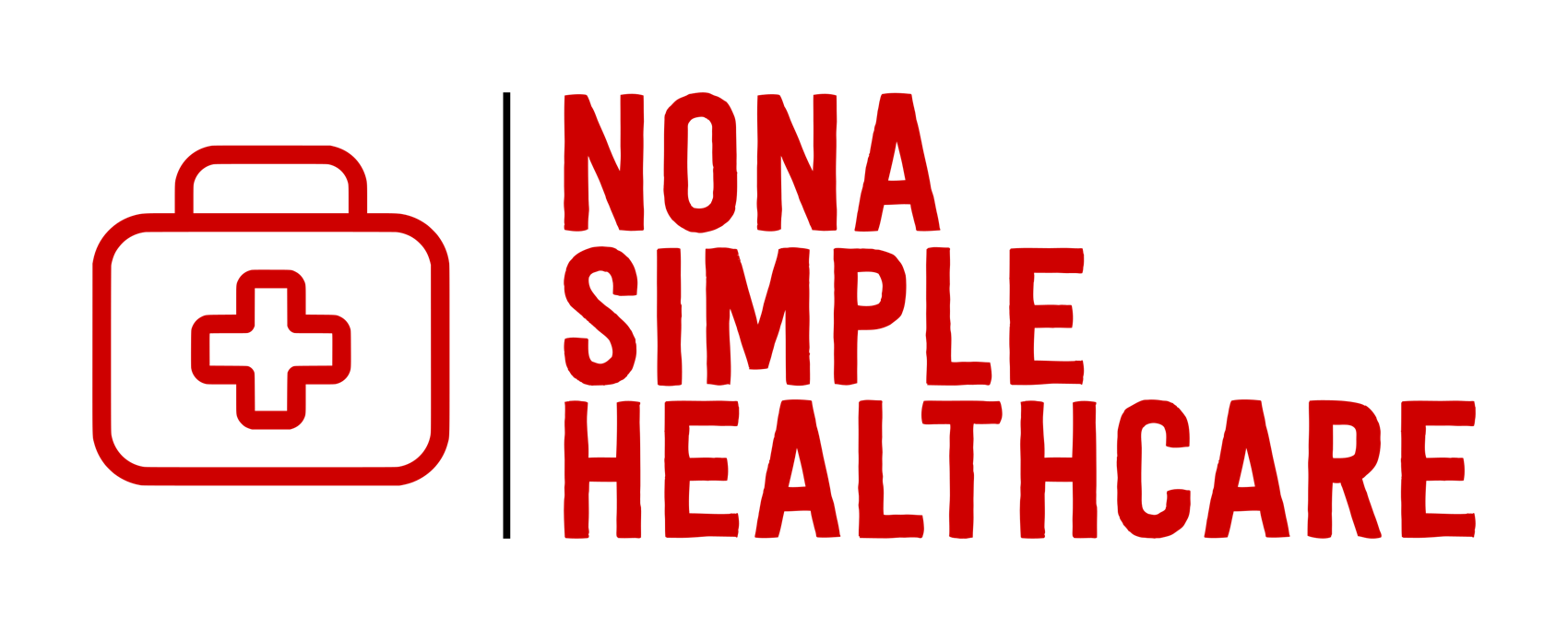
Nona Simple Healthcare Services
Our Most Requested Services
Health and wellness are essential services for everyone, but it can be challenging to know where to start. That’s where “Nona Simple Healthcare” comes in. Although we have a few core services, we also facilitate many more health and wellness categories. In addition, we provide information, prescriptions, recommendations, and resources on healthcare.
Our commitment to delivering quality healthcare remains unchanged, but our focus has shifted towards offering convenient and efficient testing solutions. Whether you are interested in making lifestyle improvements or seeking to enhance your knowledge about health and wellness, “Nona Simple Healthcare” is here to support you in your journey.
- Mens Health
- Primary Care
- Medical Weight Loss


